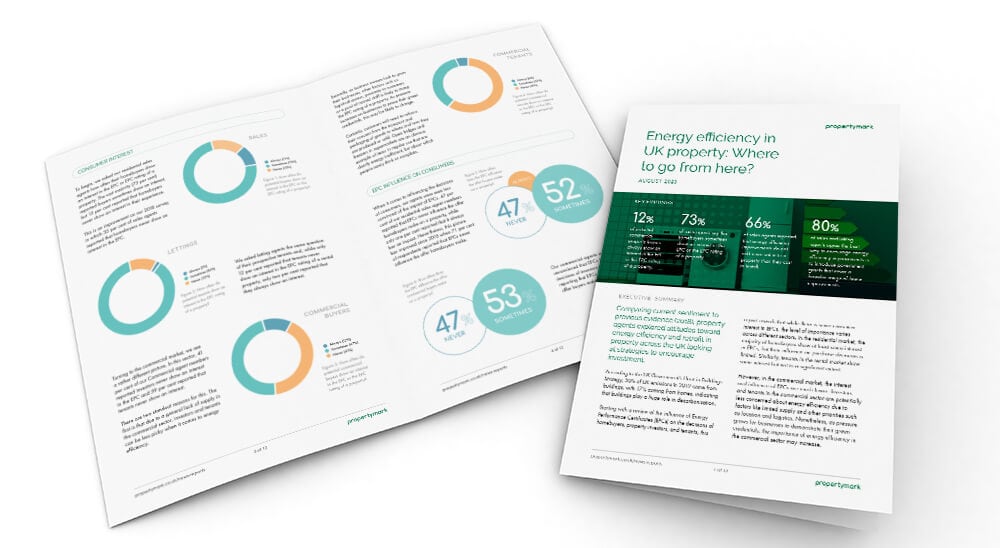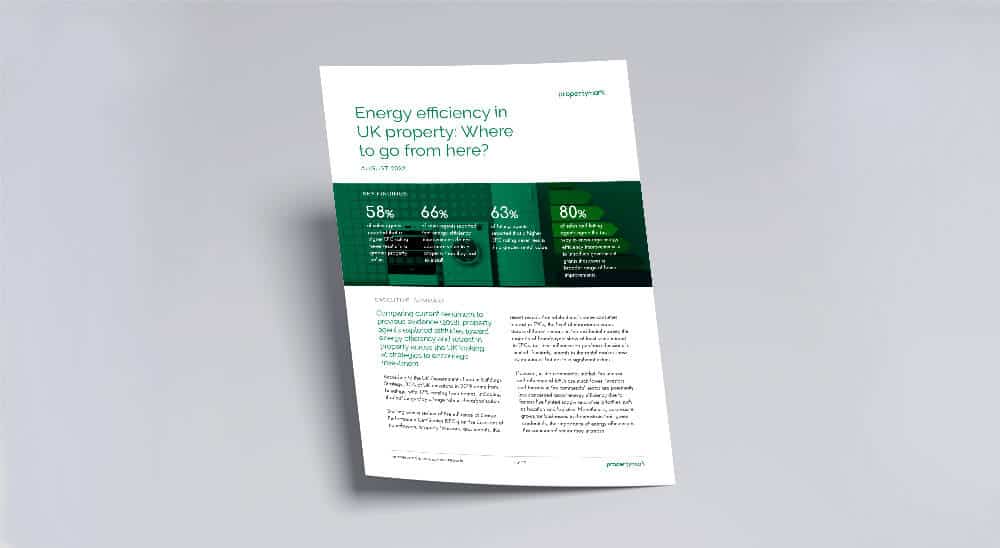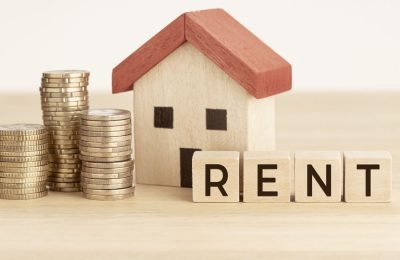In Scotland, Energy Performance Certificates (EPCs) were first introduced in The Energy Performance of Buildings (Scotland) Regulations 2008 in response to an EU directive that aimed to reduce the amount of energy used by buildings in EU states. But to what extent does this influence the decisions of homebuyers, property investors, and tenants?
The housing stock in the UK is among the least energy efficient in all of Europe, and according to the Committee on Climate Change, the UK’s housing make up roughly one-third of all UK building stock emissions, account for around 14% of the country’s greenhouse gas emissions.
Propertymark’s new research reviewed the influence of EPCs on the decisions of homebuyers, property investors, and tenants, and revealed that while there is some consumer interest in EPCs, the level of importance varies across different sectors.
In the residential market, most homebuyers show at least some interest in EPCs, but their influence on purchase decisions is limited. Similarly, tenants in the rental market show some interest but not to a significant extent. 66% of sales agents stated that energy efficiency improvements do not add more value to a property than they cost to install, so it is no wonder homeowners aren’t prioritising investment to improve the energy efficiency of their properties, especially given the current economic climate.
The impact of EPCs on consumer decisions is questioned, with most property agents, both residential and commercial, believing that EPCs have little to no influence on the offers made by homebuyers and investors. This challenges Propertymark’s previous research that suggested a positive relationship between EPC ratings and property prices.
It is quite possible that the impact of EPCs on sales and rental prices found in previous works is related to factors that researchers have been unable to measure or taken for granted, such as the overall condition or presentability of a property.
The research comes out at the same time as the Scottish Government launch a consultation on reforms to both domestic and non-domestic EPCs. Including digital reform, a new quality assurance and proposed timescales for reform.
Propertymark is calling for radical reform of EPCs to reflect the diversity of the housing sector. The report highlights the need to reconsider the current EPC system and potentially replace it with a Property Passport or Net Zero Performance Certificates (NZPCs) as proposed in the Independent Review of Net Zero.
EPCs are challenged for the way they include energy costs when assessing a property’s performance, which can lead to deceptive results when switching to more expensive but environmentally friendly energy sources like heat pumps. We believe that NZPCs, which provide detailed information about heating technology and its financial and social effects, would be a better alternative.
Although we want to see more energy-efficient homes, any additional regulations and standards must be reasonable and doable. It seems unlikely that energy efficiency targets for the private rented sector and a decrease in emissions across the property sector will be accomplished without offering landlords and homeowners incentives and access to stable funding.
In the latest research, 80% of sales and letting agents also agree that the best way to encourage energy efficiency improvements is to introduce government grants that cover a broader range of home improvements.
Decision makers in Scotland and across the whole of UK must develop energy efficiency proposals that work with the variables such as the age, condition, and size of properties rather than continue with their one-size-fits-all policy which evidently is ineffective. This way governments can target grants and funding based on the architype of a property rather than its tenure.
The full report can be read here.













